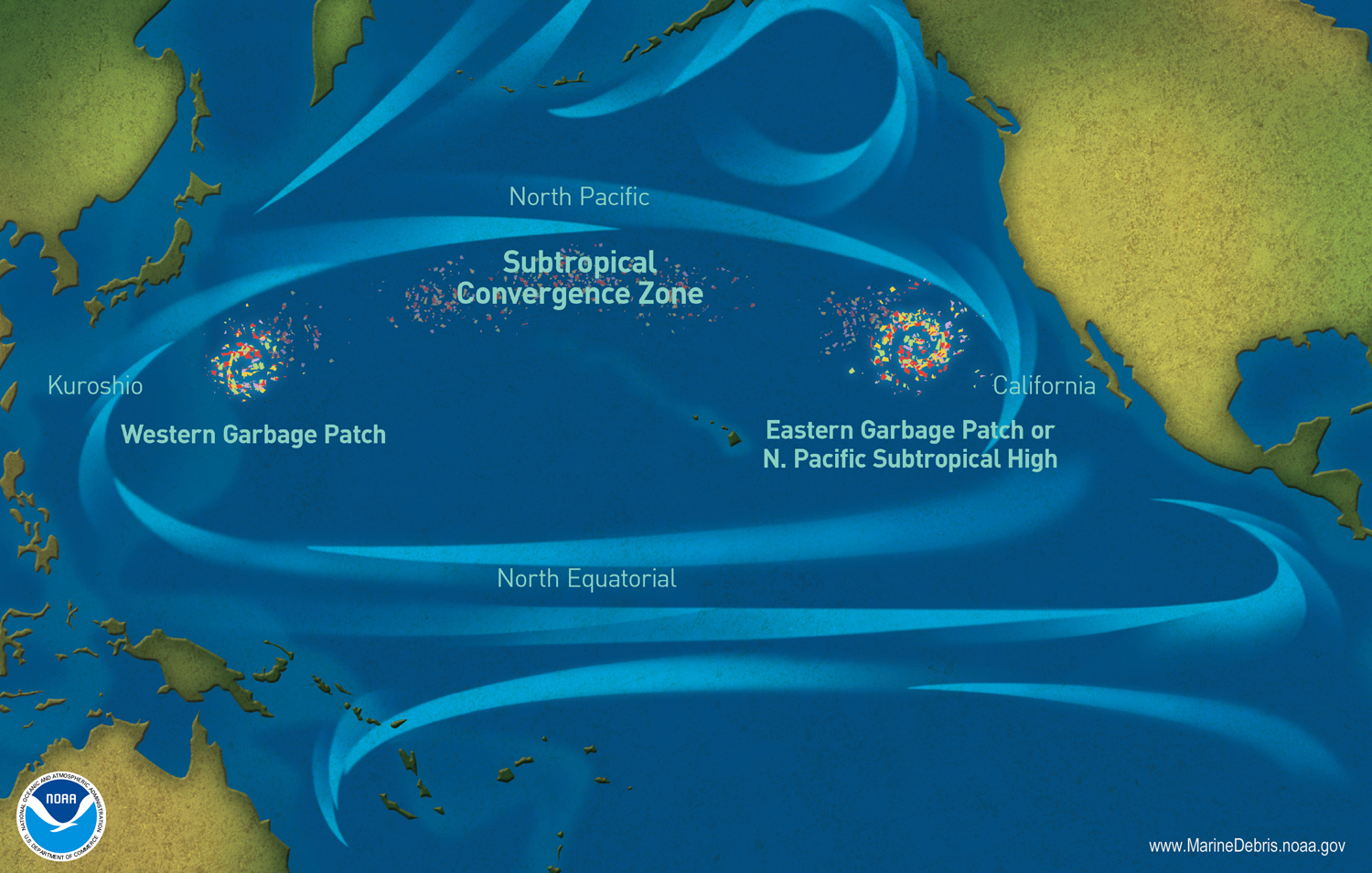

Plastic pollution is a major environmental issue that affects marine life in a number of ways. When plastic waste enters the ocean, it can have serious consequences for marine animals and ecosystems. This is because plastic can be ingested by marine life, entangle animals, and contribute to the overall degradation of marine habitats.
In addition to ingestion, plastic pollution can also entangle marine animals. This can happen when plastic debris, such as fishing nets, gets left in the ocean and becomes tangled around the animals. Entanglement can restrict the animal's movement and lead to injury or death.
Plastic pollution can also contribute to the overall degradation of marine habitats. When plastic waste accumulates in the ocean, it can create large floating garbage patches that can be harmful to marine life. These garbage patches can disrupt the natural ecosystems, leading to the decline of certain species and the alteration of the overall balance of marine life.

One of the most well-known examples of the negative impacts of plastic pollution on marine life is the Great Pacific Garbage Patch. Located in the North Pacific Ocean, this garbage patch is estimated to be twice the size of Texas and contains an estimated 80,000 tons of plastic. The garbage patch is harmful to marine life because it contains a high concentration of plastic debris, which can be ingested by marine animals and contribute to the overall degradation of the ecosystem.
In addition to the Great Pacific Garbage Patch, plastic pollution is also a problem in other parts of the world's oceans. For example, the Mediterranean Sea contains a high concentration of plastic debris, which is harmful to marine life in the region. Similarly, the Atlantic Ocean also contains a significant amount of plastic pollution, which is harmful to marine life in the region.
Individuals can also play a role in reducing plastic pollution by making more environmentally conscious purchasing decisions and properly disposing of plastic waste. For example, many governments have implemented laws and regulations to minimize the amount of plastic pollution, such as banning certain types of single-use plastics like straws and cutlery, and implementing plastic waste reduction targets.
Bell Packaging are a global company that specialises in the design and manufacture of packaging solutions, including those made of plastic. As plastic pollution has become an increasingly pressing issue, we have implemented a number of measures to limit its environmental impact. These measures include using recycled plastic materials in its products, designing packaging that uses less plastic, and developing packaging that is more easily recyclable.
In addition, we partner with organisations or initiatives that focus on reducing plastic pollution and have internal policies and procedures in place to minimise the environmental impact of its operations. By taking these steps, Bell Packaging is working to reduce its contribution to plastic pollution and to operate in a more sustainable manner.
Plastic pollution is a serious issue that affects marine life in a number of ways. It can be ingested by marine animals, entangle them, and contribute to the overall degradation of marine habitats. To address this issue, it is important to implement policies that regulate the production and disposal of plastic and for individuals to make more environmentally conscious purchasing decisions and properly dispose of plastic waste.
Get in touch with our team today to discuss your packaging requirements.